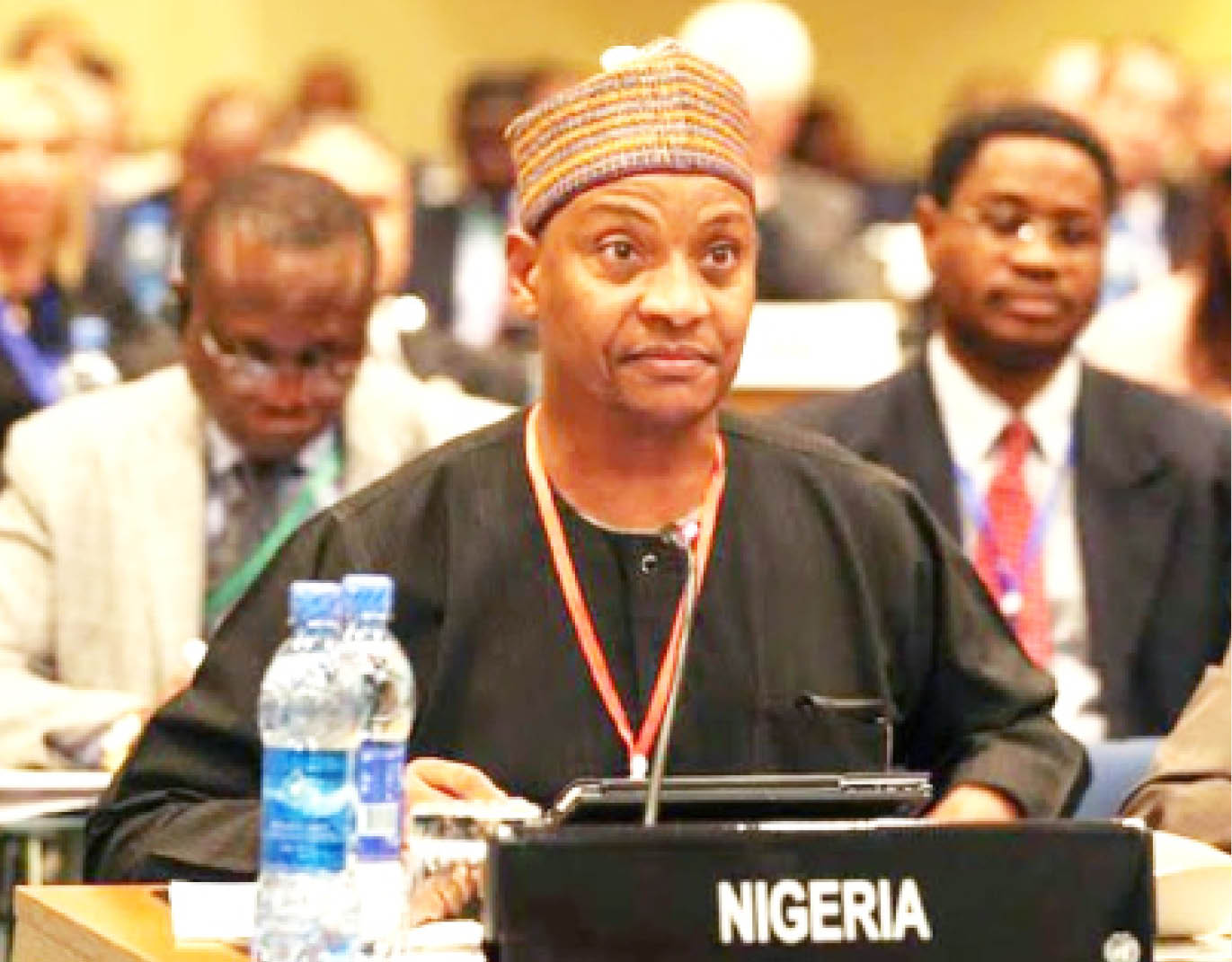Another side to ‘inclusion’
Anyone who had watched proceedings at the last UN General Assembly, would notice that all the world leaders who spoke, had pledged their commitment to ‘inclusion’ in their addresses. That was hardly surprising given that the theme of the UNGA itself was ‘Galvanising Multilateral efforts for poverty eradication, quality education, climate action and inclusion.’ On […]

Ambassador Usman Sarki
Anyone who had watched proceedings at the last UN General Assembly, would notice that all the world leaders who spoke, had pledged their commitment to ‘inclusion’ in their addresses. That was hardly surprising given that the theme of the UNGA itself was ‘Galvanising Multilateral efforts for poverty eradication, quality education, climate action and inclusion.’
On the face of it, there was nothing wrong with the theme or what the leaders were pledging to. Indeed if you were to care enough to look it up, ‘inclusion’ is all about identifying with and standing up for disadvantaged minorities around the world. These include religious and ethnic minorities, the disabled, as well as victims of racial or gender bias.
But having discussions with NGO activists has enlightened me and those of us who take to this ‘inclusion’ at face value, that the whole campaign is about homosexual rights. The inclusion sought here is a complete recognition of the rights of lesbians, gays, bisexuals and transgenders (LGBT) to every respect and acceptance given to normal, decent people – at the highest global level – the United Nations.
Perhaps the forces behind this campaign were made to sneak in this unholy agenda, very subtly this time, because the last time such an attempt was made, a sizeable number of diplomats rejected the move to enforce a global acceptance of the homosexual lifestyle.
This was way back in February 2016 when the United Nations Postal Administration released six new stamps promoting equality for members of the LGBT community. The artist who designed the stamps, one Sergio Baradat had argued passionately for their acceptance by the UN.
He told newsmen during an interview that “We live in a world where even though developed nations have embraced marriage equality and LBGT equality, we still have a far, far, far way to go, but we are making some strides,” he added “There are some countries in the world right now where not only are we not celebrated or respected, but we are beaten and killed. And I thought that it would be a wonderful opportunity using art, to use postage stamps as a vehicle – using art to change hearts and minds.” He also stressed that LGBT rights are human rights and that all individuals deserve to be treated equally and fairly under the law.
But his attempt to equate LGBT rights with Human Rights and also use the United Nations to push such an agenda didn’t go down well with representatives of many member nations. Here I am proud to say that Nigeria’s representative at the time was one of those vehemently opposed to the stamps launch and he didn’t mince his words doing so.
According to media reports, in anticipation of the unveiling of the stamps, our Deputy Permanent Representative to The United Nations, Ambassador Usman Sarki, while relying on the charter of the UN, condemned the action of UN Secretary General and the UN bureaucracy.
He told a meeting of Member States that “It is in that regard that we wish to remind the UN to limit itself strictly to activities mandated by Member States and especially to promote issues that are beneficial to mankind rather than lend itself as a tool to promote aberrant behaviour under the guise of promoting human rights.”
“The UN should not take unilateral decisions on such sensitive matters that offend the sensibilities of the majority of its Member States, and contradict their religious beliefs, cultures, traditions and laws. If it must act in this fashion, the UN should promote issues that enjoy consensus and, at the same time, advance the dignity of people and their genuine human rights. In the light of this concern, we call upon the UN not to proceed with this event and to put an end to all processes that are currently in place in all its agencies, funds and programs, that promote and legitimize this tendency, on which there is no consensus among member states.”
After delivering his address – which was in line with the spirit of International Law and reason – Ambassador Sarki was said to have come under attack by several individuals. Some said he was pushing a homophobic agenda at the United Nations.
Nevertheless his position received popular support and probably put paid to any attempt to have those stamps launched with fanfare.
However, never being one to give up, promoters and practitioners of these deviant, sinful and unnatural lifestyle are back at it again. This time using the respected global body to make leaders of member states accept them; under the guise of inclusion. We must resist this new attempt at all levels. First and foremost by making sure that our leaders do not ratify any document that says inclusion must be extended to sexual minorities in all nations.
